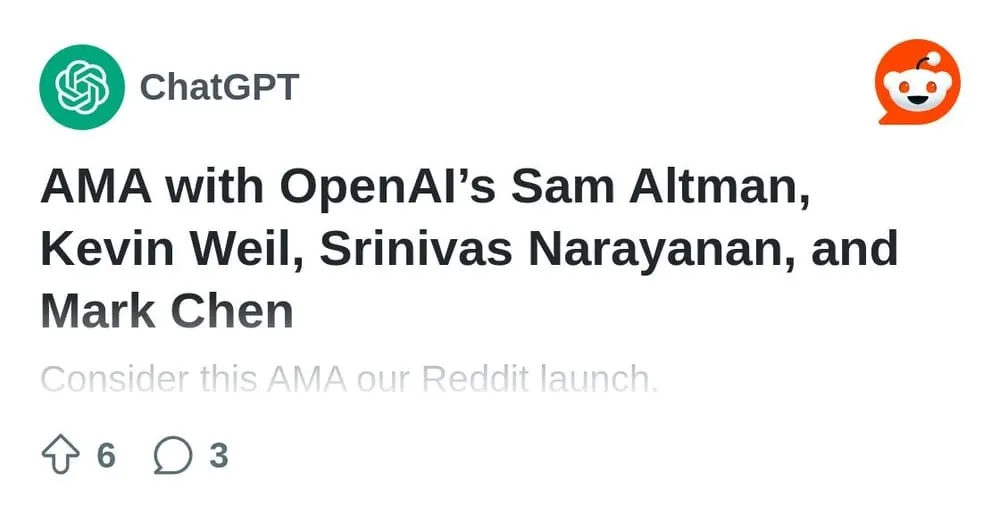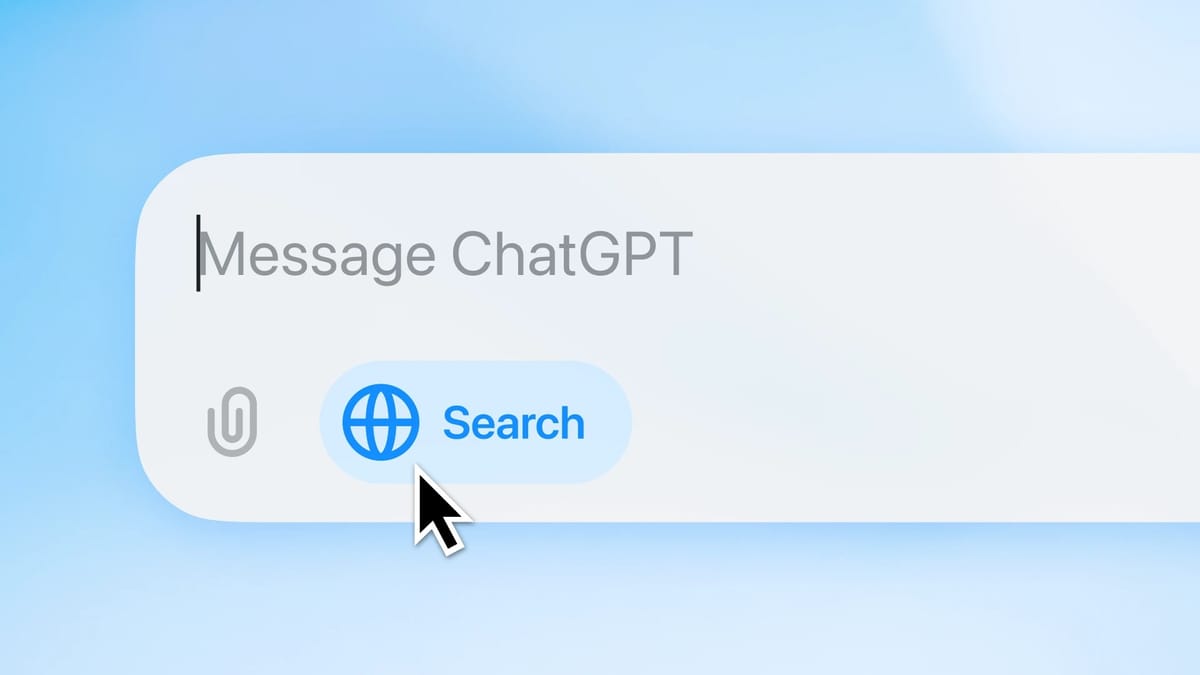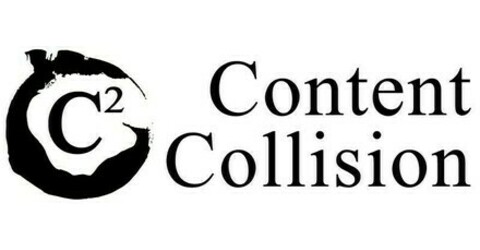OpenAI AMA reveals early SEO strategies for ChatGPT search
How does ChatGPT search differ from Google, and what’s its SEO impact? OpenAI’s latest AMA gives early hints and strategies.

OpenAI’s recent Reddit AMA provided fresh insights into ChatGPT’s new search capabilities and offered hints about how SEO might evolve for this tool. Building on our prior analysis of ChatGPT's search function, you can explore our previous piece on ContentGrip for additional context.
This latest information can help shed light on how ChatGPT’s search engine could impact content strategies. Readers interested in the full conversation can also follow the AMA discussion on OpenAI’s official forum on X (formerly Twitter).
The Reddit AMA featured key OpenAI leaders, including CEO Sam Altman, Chief Product Officer Kevin Weil, SVP of Research Mark Chen, and VP of Engineering Srinivas Narayanan, each providing insight on ChatGPT’s search approach and the direction it could take.
ChatGPT search’s differentiation from traditional search engines
OpenAI CEO Sam Altman explained that ChatGPT Search is not intended as a direct competitor to Google or other search engines. Instead, it aims to function as an AI assistant capable of handling everyday tasks without ads or tracking.
Altman noted ChatGPT’s value for users who already use the platform for various types of queries, saying, “For many queries, I find it to be a way faster/easier way to get the information I’m looking for. I think we’ll see this especially for queries that require more complex research.” Altman added that a future goal is to create search results that "dynamically render a custom web page in response,” hinting at potential personalization features.

Complex queries and natural language interactions
ChatGPT's natural language processing enables users to conduct complex searches without relying on traditional keyword-based queries. Altman highlighted this capability as a point of distinction, contrasting it with Google’s keyword-reliant model, which can make interpreting user intent more challenging.
“Natural language queries,” Altman explained, are central to ChatGPT’s interface, potentially making it easier for users to find information for complex questions without needing structured keywords.
Mitigating ‘hallucinations’ with grounding and reinforcement learning
OpenAI has acknowledged issues with AI “hallucinations”—where the model may generate inaccurate information—and is working on several solutions. Responding to a question about managing this challenge, SVP of Research Mark Chen explained that OpenAI uses a process known as Retrieval-Augmented Generation (RAG).
This technique pulls data from reliable sources, such as up-to-date databases or knowledge graphs, to help ground ChatGPT's answers. Chen added, “We’re putting a lot of focus on decreasing hallucinations, but it’s a fundamentally hard problem – our models learn from human-written text, and humans sometimes confidently declare things they aren’t sure about.”
To further address hallucinations, Chen shared that OpenAI may incorporate Reinforcement Learning (RL), which uses feedback to refine the accuracy of model outputs. “Our models are improving at citing, which grounds their answers in trusted sources, and we also believe that RL will help with hallucinations as well – when we can programmatically check whether models hallucinate, we can reward it for not doing so,” Chen said.
Data sources for ChatGPT search
Another topic addressed during the AMA was ChatGPT’s data sources. VP of Engineering Srinivas Narayanan clarified that, while Bing is a significant source, ChatGPT uses multiple services to generate search results.
“We use a set of services and Bing is an important one,” Narayanan noted, suggesting that OpenAI’s search tool may rely on a combination of resources rather than a single search engine.
Early insights into SEO for ChatGPT search
Chief Product Officer Kevin Weil was asked directly about how content creators might optimize for ChatGPT Search.
Weil admitted that OpenAI is still working out the specifics, stating, “This is a great question—the product just launched today so there’s a lot to figure out still about where search will be similar and where it will be different in an AI world.” He also welcomed feedback from the community, indicating that OpenAI is open to input as it navigates the nuances of AI-driven search.
Key takeaways for SEO
From the AMA, some initial considerations for SEO in the context of ChatGPT Search include:
- Natural Language Content: As ChatGPT relies heavily on natural language processing, content structured in a conversational style may be advantageous.
- Bing’s Role in Rankings: Given ChatGPT’s use of Bing, optimizing for Bing’s search engine could be beneficial.
- Potential for Reinforcement Learning: With Reinforcement Learning potentially on the horizon, accuracy and trustworthiness in content could play a larger role.
- Personalized Search Results: Altman’s comments on dynamically rendered custom pages suggest a future where search results may be tailored to individual user needs.
These insights indicate that ChatGPT Search, while different from traditional search engines, may still impact SEO strategies. The tool’s focus on natural language, potential personalization features, and reinforcement-based learning offer early signs of where SEO might be headed in an AI-integrated search environment.



